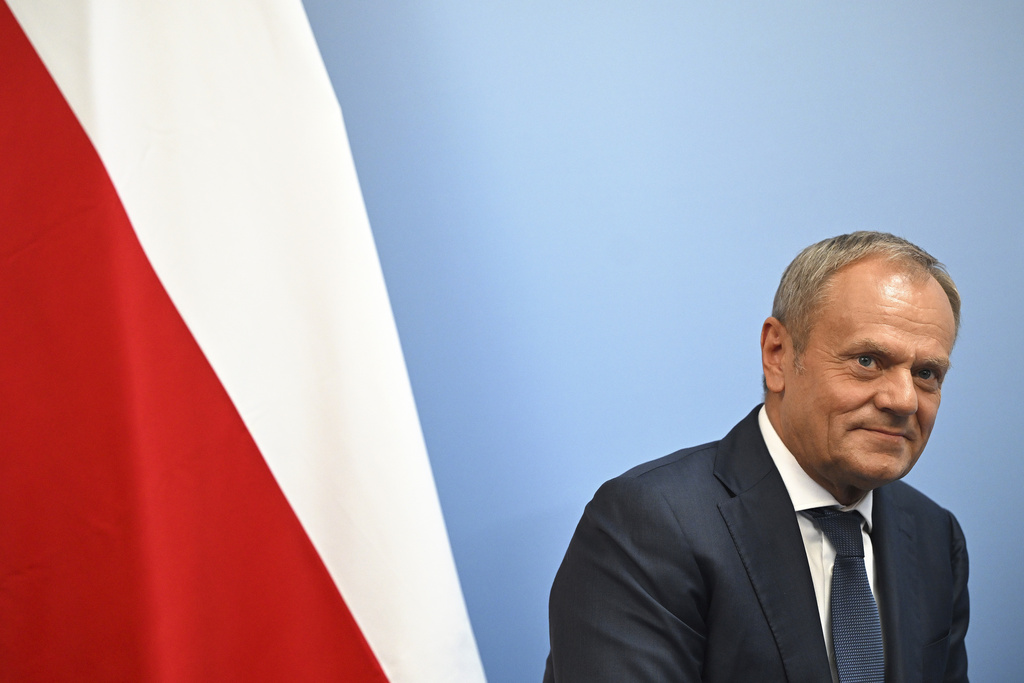In a recent survey conducted by United Surveys for the Wirtualna Polska news outlet, Polish citizens were asked if they believe the government led by Prime Minister Donald Tusk is fulfilling the promises made during the election campaign. The findings are less than favorable for the Prime Minister.
The specific question posed in the survey was, “Do you think that Donald Tusk’s government is fulfilling the promises made during the election campaign?”
A total of 53.5 percent of respondents believe that the current government is not meeting the promises made last year, with 28.8 percent stating “definitely not” and 24.7 percent “rather not.” On the other hand, 39.6 percent of respondents believe it is, with 5.2 percent choosing “definitely yes” and 34.4 percent “rather yes.” Meanwhile, 6.9 percent have no opinion on the matter.
The survey also examined how voters from different political parties perceive the government’s performance on its promises. Among voters of the ruling coalition (Civic Platform, Third Way, The Left), 68 percent believe the government is fulfilling its campaign promises. Interestingly, 24 percent of the current coalition’s supporters disagree. Within this group, 22 percent think the government is not really keeping its promises and 2 percent believe it is definitely not.
Supporters of the Law and Justice Party (PiS) and Confederation overwhelmingly – 94 percent – assert that Donald Tusk’s cabinet is not delivering on its electoral promises.
“Politicians often fulfill their promises in the last year of their governments. That’s when they do everything to prove to their voters that they are credible and honest,” explained Professor Roman Bäcker from Nicolaus Copernicus University in Toruń, in an interview with Wirtualna Polska.
“Therefore, if they want to gain greater social support by creating economic dependencies, they fulfill these promises relatively quickly,” he added.
Looking at the responses from those declaring support for the ruling party, one notable aspect is the small group (2 percent) who firmly believe that the government is not fulfilling its promises. “These are voters who could potentially shift their support to PiS,” said the political scientist.
However, what is more significant is the sentiment in the middle of the pack. According to the expert, those who chose the response “rather not,” accounting for 22 percent of the surveyed voters from the Civic Platform (KO) camp, are crucial.
“This group might simply choose not to vote in the upcoming elections. Their trust in politicians is no longer as high, and it is this trust that determines whether people feel motivated to vote or not,” Prof. Bäcker added.






